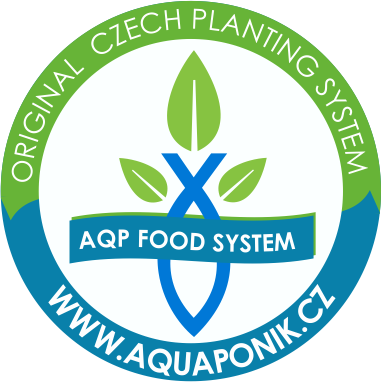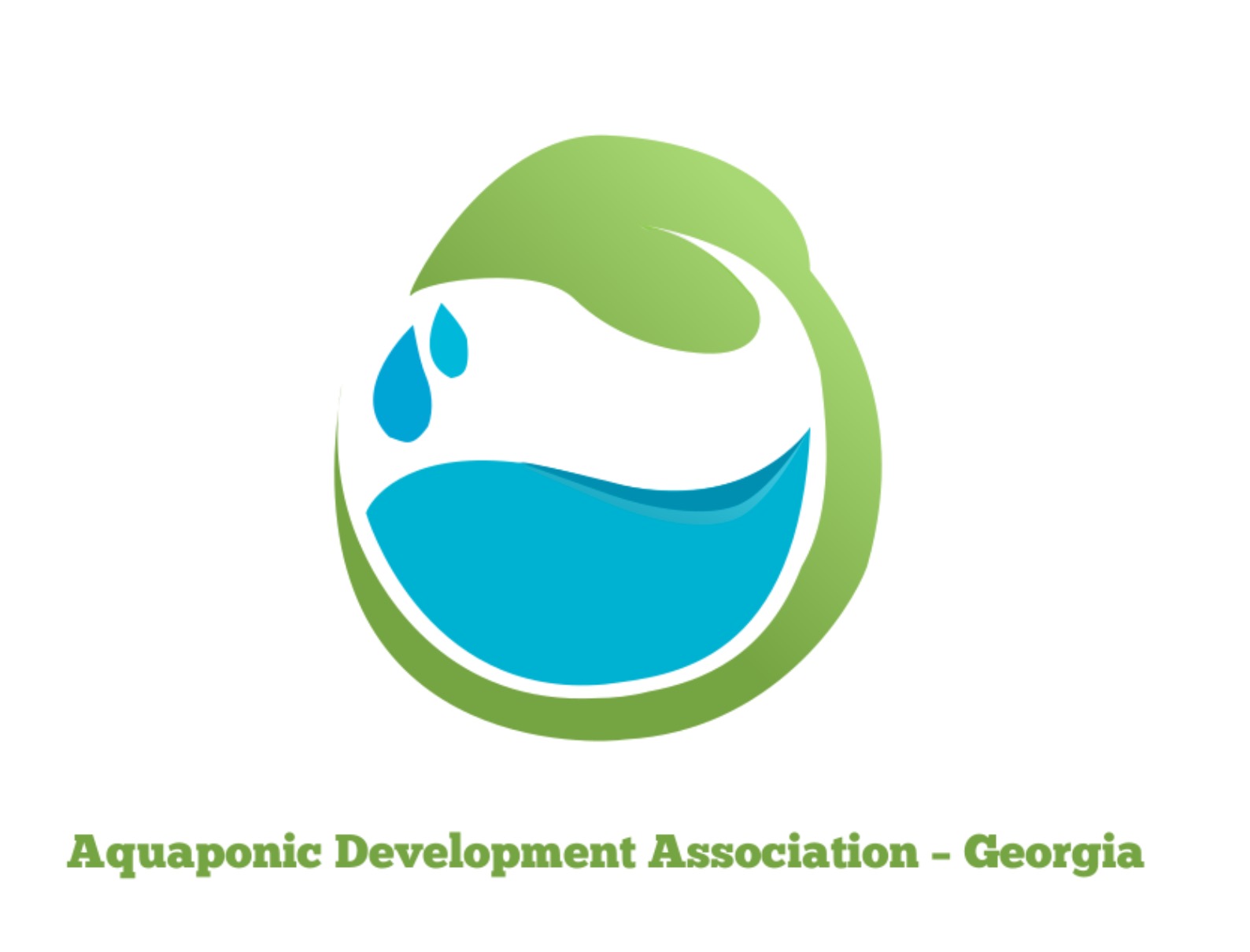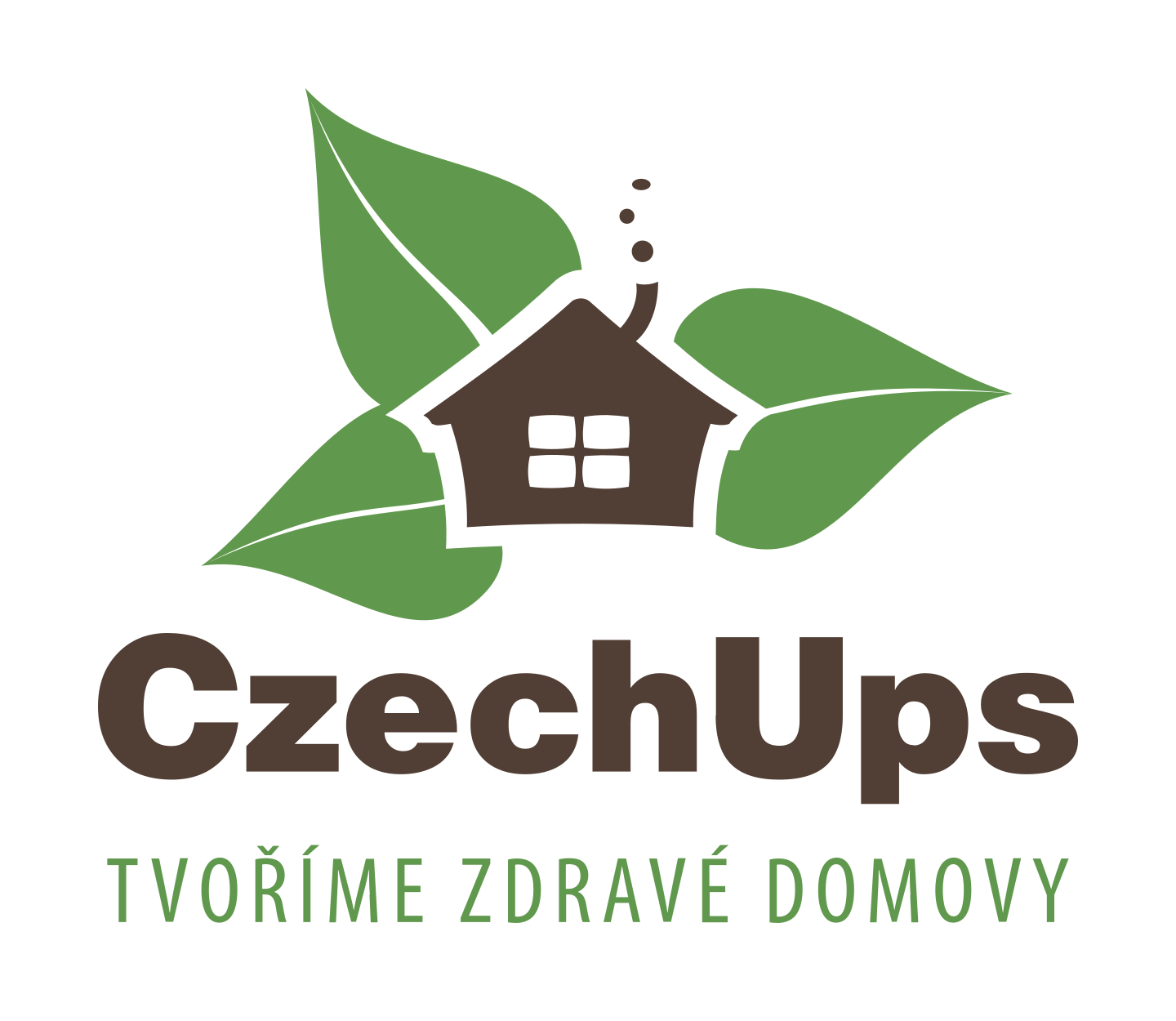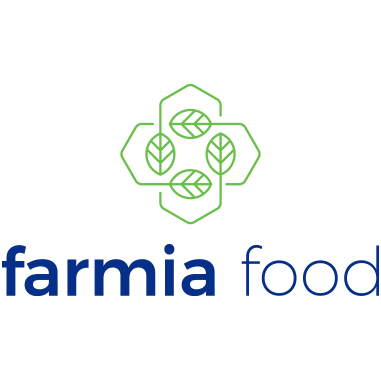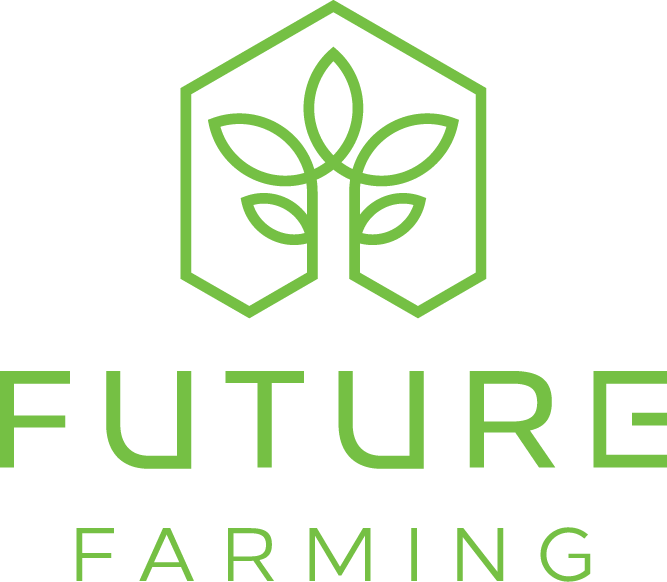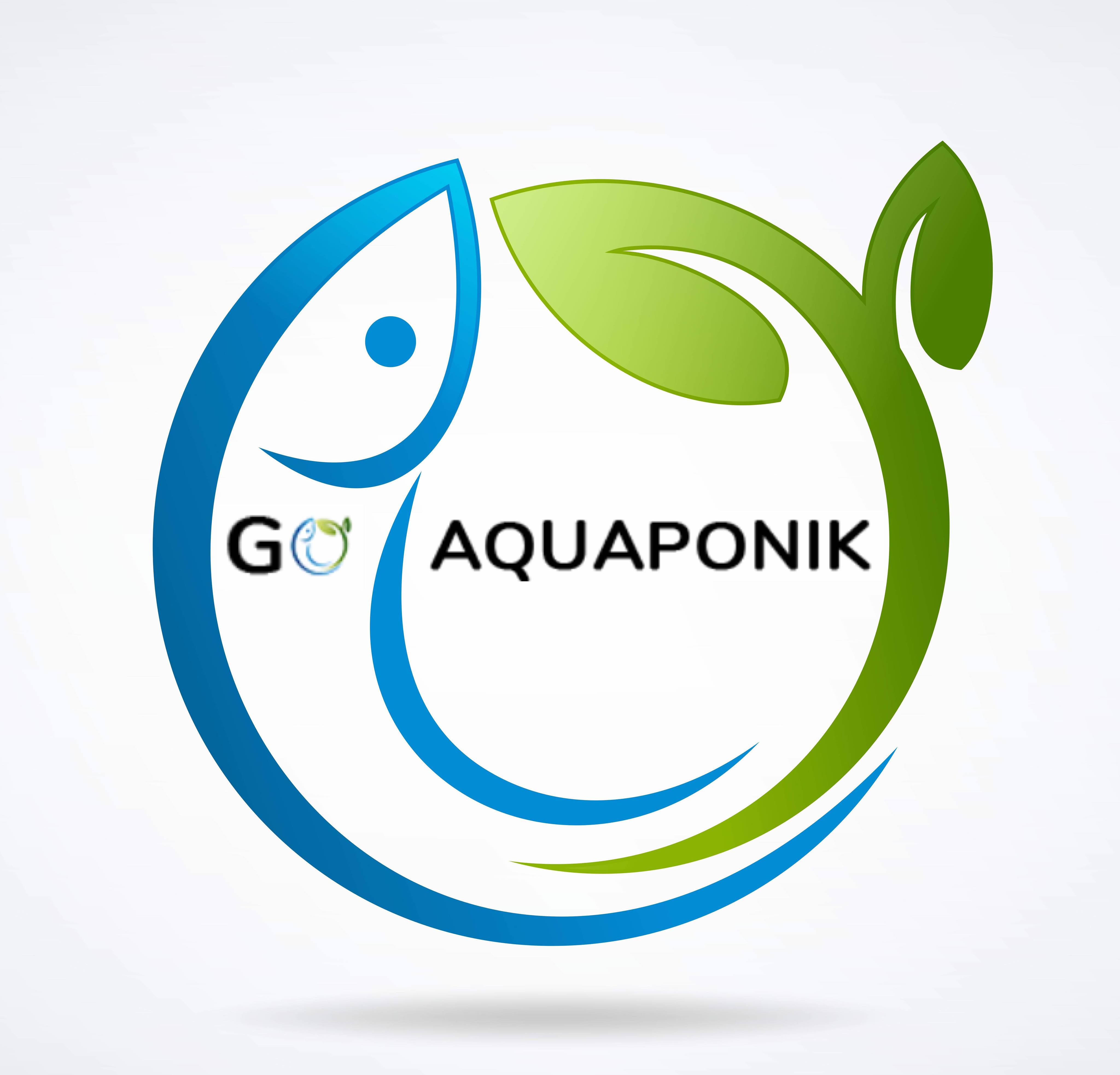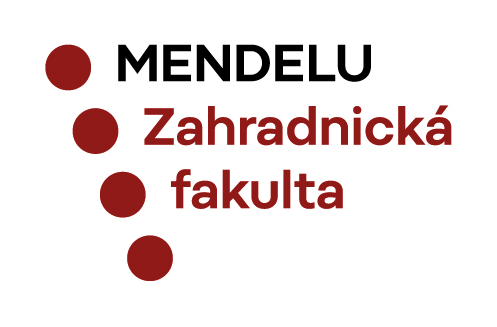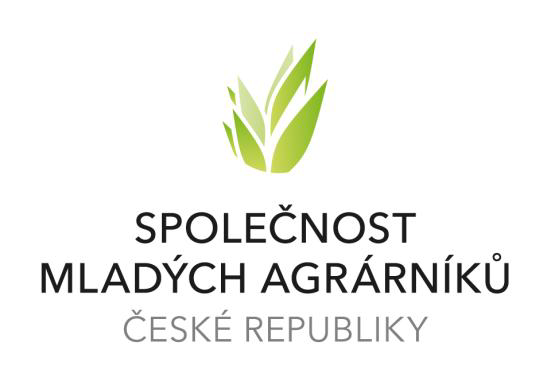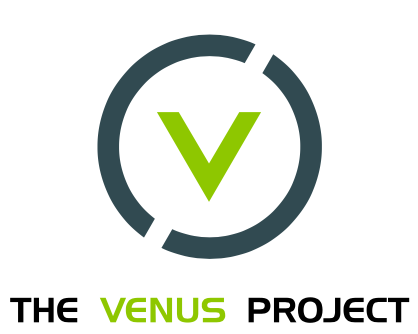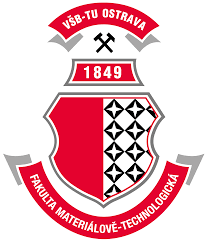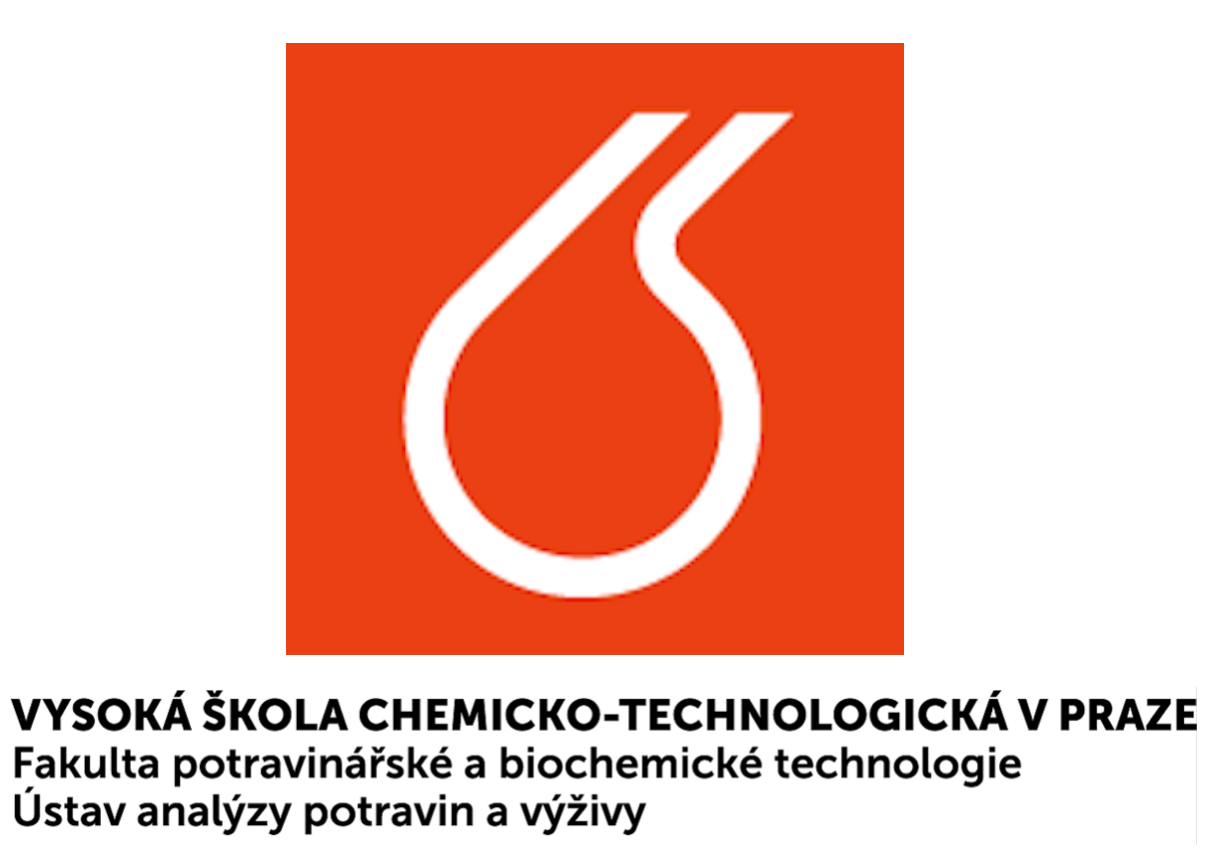The Czech Republic has managed to launch a very unusual project. The first time this project was mentioned while negotiating quite different matters. About halfway through 2018. The ideas were meant more as a recession and a joke. Later, however, people realized that the potential was huge and it would be a shame to miss the opportunities offered. A group of young prospective people from Brno, Ostrava and Nymburk is behind the project. Investors who finance the first phase of the project are from all over the Czech Republic and the Slovak Republic.
Future Farming launched the first phase in January 2019. The construction of the aquaponic farm in Upper Bojanovice near Brno will be only the first swallow. The future plan is to set up aquaponic farms near all major cities in the Czech Republic. The farms will be packed with state-of-the-art technology and will be largely autonomous. Thanks to the feed system they will be very economical, both in energy and in water consumption. Contrary to the conventional agriculture, no chemicals and artificial fertilizers, hormones, or antibiotics will be used. The products of these farms will meet the principles of "ABSOLUTE QUALITY FOOD". These principles relate not only to the quality of the food itself, but also to the environment. They include packaging, logistics, sustainability, environmental impact and fair trade principles (the consumer knows exactly who and how much he pays for the product). This set of principles, if adopted by the consumer, has a great chance of rehabilitating today's mad farming practices and the attitude to protecting the remnants of nature.
The money needed for the first farm was raised from small investors by bond issuance. Unfortunately, we are unable to draw funds from the state or the banking sector because they do not know Aquaponics yet. We are far behind in the Czech Republic, compared to other countries, where Aquaponics is already intensively supported directly from state money. Unfortunately. However, the Czech Republic is historically very advanced in the knowledge of fish farming. This is the crucial part of aquponic systems and in this area our specialists are a very popular item for new aquaponic projects all over the world. We Czechs, we're just smart. Once the first farm is implemented, it will be possible to show the whole technology to banks and government officials who will be able to support the new, modern technology with a direct impact on the environment and the quality of life of people. Investors' interest is enormous, and as this is only the beginning of the project, there is still a very interesting future ahead. For more information, see Future Farming.
The Future Farming project has unusually large reach and impact. In some countries where they have finally decided to do something to reduce the impact of climate, economic and demographic changes, that is why the term IMPACT now works. It works in such a way that the project precisely counts the so-called impact, which is expressed as a percentage and represents the positive impacts of the projects. The governments of reasonable countries then subsidize these projects at the level of their measured impact. Thus, if the project has a 50% positive impact, the state would subsidize the 50% and the project's return would be reduced by half. This is to help positive projects and give them a competitive advantage, against projects that do nothing positive. In our country, completely unknown terms ...what a pity.
The time of the aquaponic systems will come with the influx of trends from abroad and the subsequent change of legislation in the Czech Republic. Future Farming is the first meaningful project to address all aspects of food production. All the future problems that we, or rather our children, will have to face may not be so great and tragic. If we postpone the solution, the impacts will be much worse. Every year lost in adaptive measures will lead to a serious escalation of food production problems (drought, desertification, chemicals, water and soil pollution, migration, loss of fish stocks, rising food prices, climate change, extreme weather, food quality, etc.). Now every one of us can support similar projects simply by choosing where to purchase food. And that's great.
Thanks for your attention
Michal FoFun Fojtík




